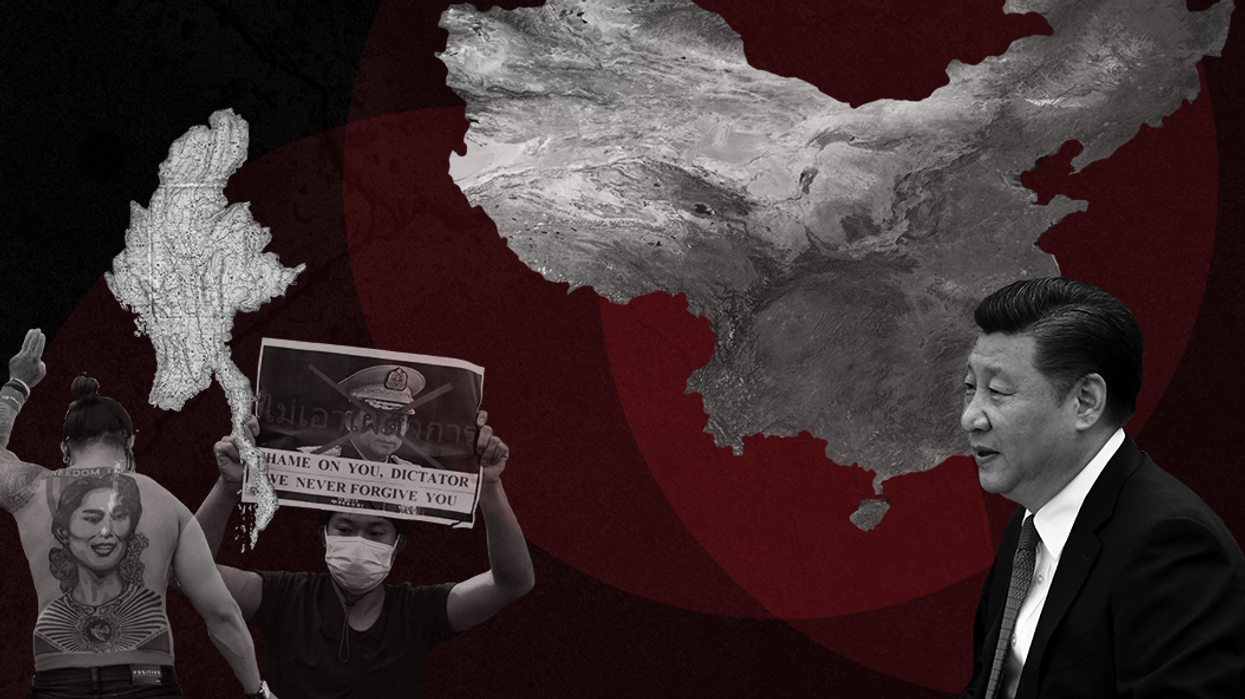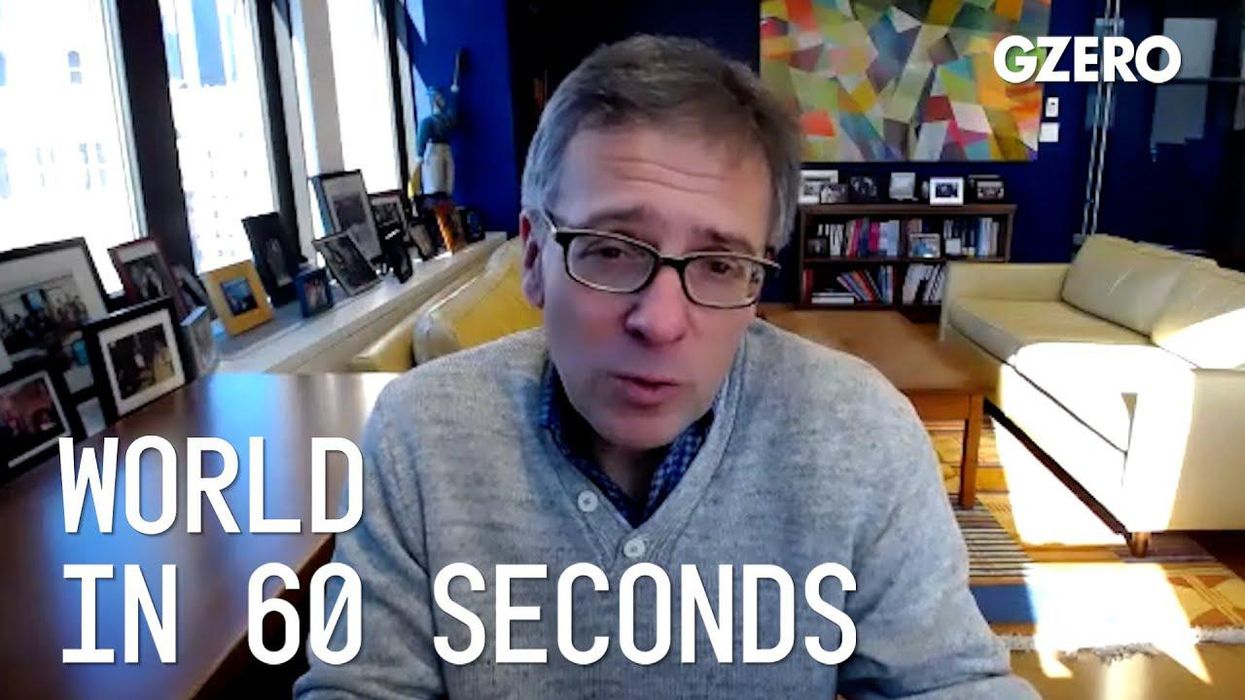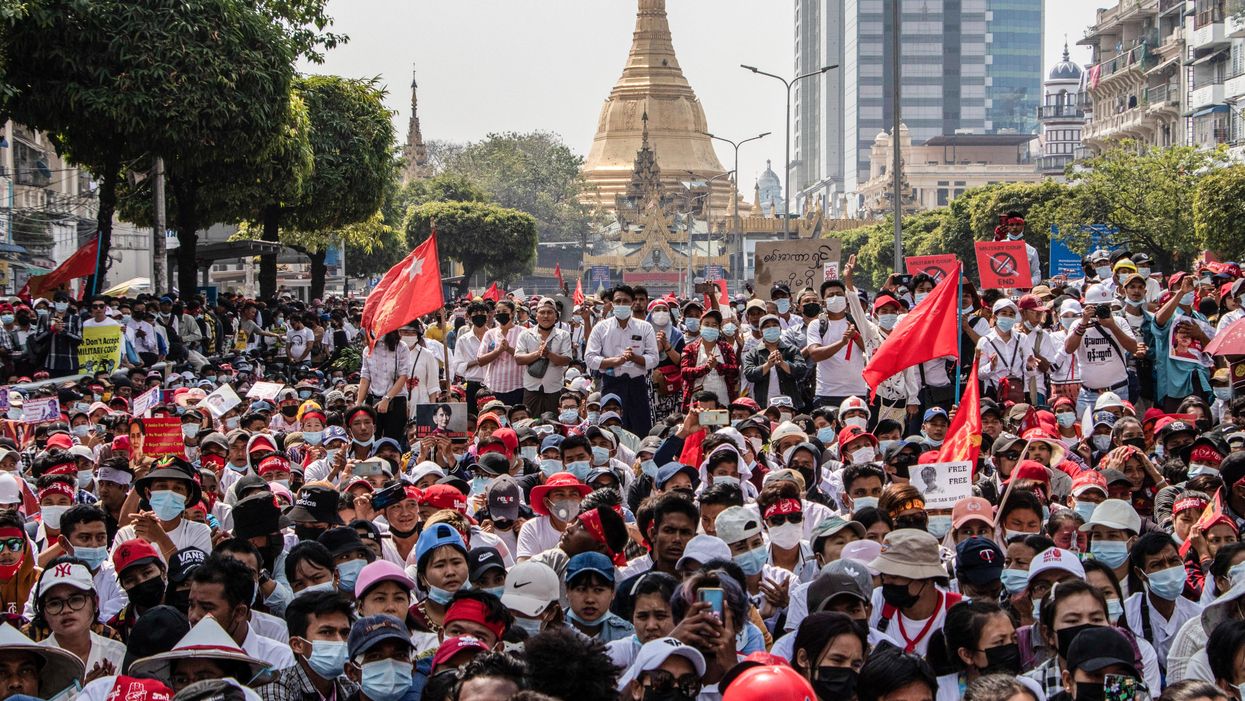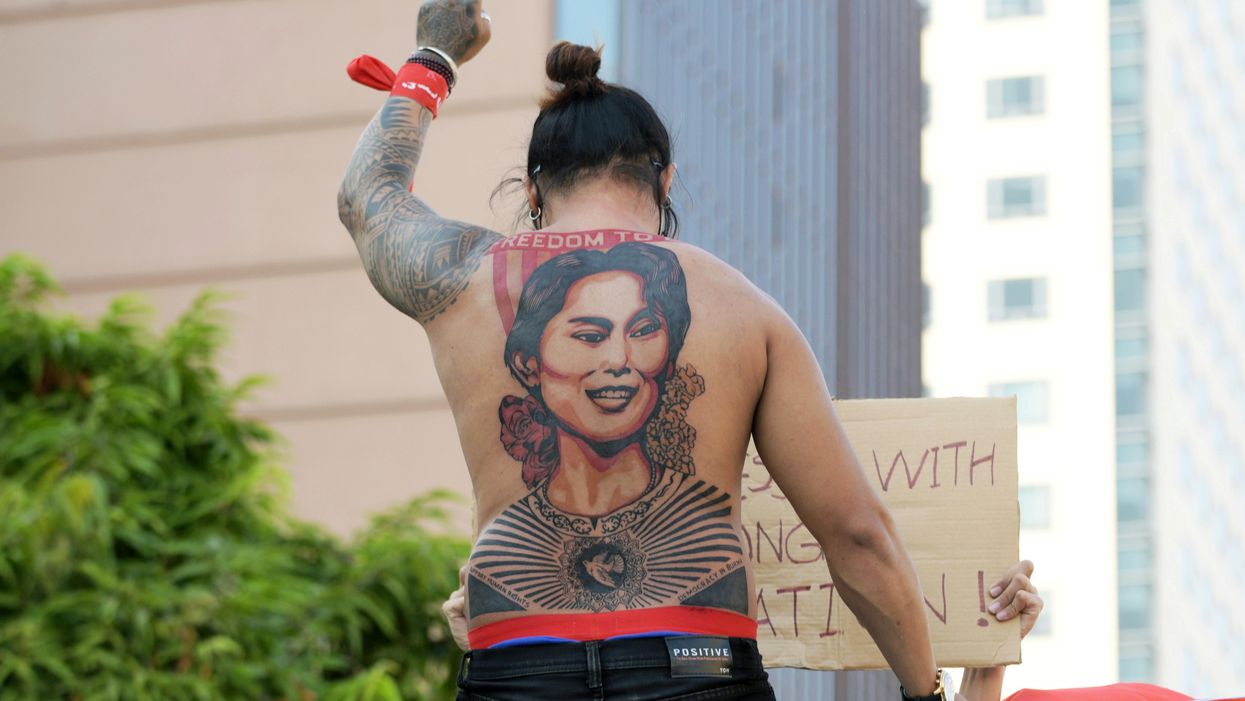popular
With its interests in flames, what will China do in Myanmar?
As Myanmar's political crisis deepens, protesters are taking aim at Chinese business interests. Growing anti-China sentiment is big test for Beijing, which faces a tough choice on how to respond.
Mar 15, 2021




